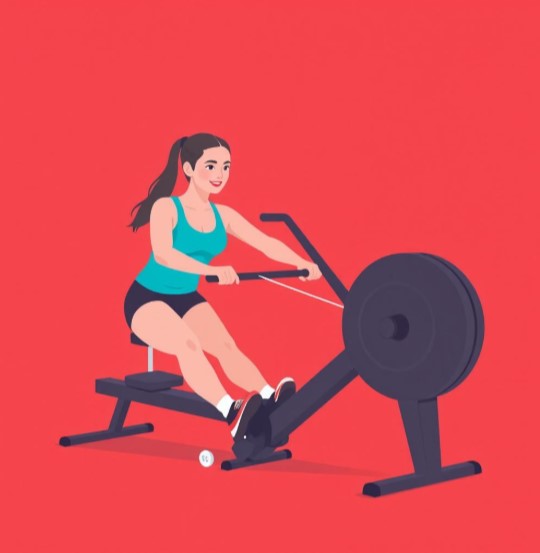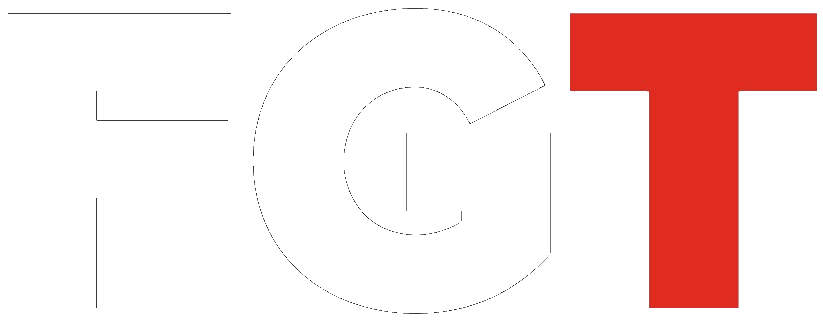8 Nutritional Habits to Combine with a Fitness Regimen
8 Nutritional Habits to Combine with a Fitness Regimen
Getting into a good workout routine is a great move.
But what you eat – and when – can make or break your progress. That’s the part most people overlook.
The truth is, fitness doesn’t work well in isolation… nutrition has to tag along for the ride.
This isn’t about strict diets or counting every calorie. It’s about forming a few consistent habits that help your body stay energized, recover faster, and perform better. Whether you’re trying to build muscle, lose fat, or just stay healthy, what you put on your plate matters a lot more than you might think.
So how do you get your food choices to line up with your gym efforts? Let’s talk about it.
1. Prioritize Protein – But Make It Work for You
Protein helps repair muscle tissue and supports growth. After a workout, your muscles are basically begging for it. That’s why this is usually the first nutrient people think about when they start working out.
But here’s the thing – it’s not just about how much protein you eat… it’s also about when and how often.
You don’t need to drown yourself in shakes, but you do need to give your body a steady supply of this nutrient throughout the day.
Let’s simplify it with some flexible tips:
– Aim to include a protein source in every meal – even snacks if you can
– Mix it up: eggs, Greek yogurt, chicken, fish, tofu, lentils, or even edamame
– Post-workout? Try to eat protein within 30–90 minutes
– Don’t ignore plant-based proteins – they’re not “less than”
– Too busy to prep? (Pre-cooked rotisserie chicken or a boiled egg goes a long way)
You don’t need to track every gram (unless that’s your thing), but being aware helps. Also, protein doesn’t make you bulky – it helps your body recover and stay strong.
“Protein isn’t just about volume – it’s about timing, variety, and consistency. Your muscles thrive when you feed them quality protein sources throughout the day, especially after training. Pairing whole foods with reliable gym supplements from Huge Supplements ensures your body gets the nutrients it needs to recover, rebuild, and perform at its best.” – Owner, Huge Supplements
2. Hydration Isn’t Optional – It’s Essential
Ever felt sluggish halfway through your workout and couldn’t figure out why? Dehydration is often the hidden culprit. It affects everything from your endurance to how well your muscles function. And yeah… it even messes with your mood.
Water helps your body transport nutrients, regulate temperature, and flush out waste. If you’re sweating, you’re losing fluid – simple as that.
Don’t just wait until you’re thirsty. Try this instead:
- Start your day with a big glass of water – seriously, first thing
- Carry a water bottle everywhere (yes, everywhere)
- Drink small amounts consistently throughout the day
- If your pee’s dark yellow… it’s probably time to drink up
Bonus tip: Electrolytes matter too, especially during long or intense workouts.
You don’t always need sports drinks, but coconut water or even adding a pinch of salt and lemon to your water can help.
3. Balance Your Carbs and Fats
Carbs get a bad rap sometimes. But they’re your body’s main fuel source – especially during exercise. Without enough of them, your energy crashes hard.
Fats matter too – they support hormone production and help your body absorb vitamins that come from supplements and diet. You don’t need to choose one over the other. You just need to keep both in check and use them wisely.
Here’s how to create a good mix without losing your mind over macros:
– Use carbs as fuel around workouts (like oats, rice, fruit, or whole grains)
– Save higher-fat meals for times when you’re not about to train
– Combine carbs with protein for stable energy (think: apple and peanut butter)
You don’t have to eat “clean” 24/7, either. There’s space for the occasional treat. What matters more is your overall pattern, not perfection.
If you’re struggling to find the right balance for your body or goals, board-certified registered dietitians can help. They tailor your carbohydrate and fat intake based on your metabolism, activity level, and preferences without rigid rules.
4. Build a Routine That Fits Real Life
Let’s be honest – you can have all the best nutritional plans, but if they don’t fit your schedule, you won’t stick with them. A lot of people try to go from zero to perfect overnight, and it just… doesn’t hold.
Instead, start small and build consistency — even if it means simply adding things like bananas, strawberries, greens or vegetable juices.

Think of nutrition like a muscle – it grows with use. So even basic habits, done over and over, can lead to major change.
Try making these habits part of your rhythm:
– Eat at regular times during the day
– Avoid skipping meals (especially after a workout)
– Don’t rely on caffeine as your main fuel source
– Grocery shop with a plan – don’t just wing it
– Prep 1–2 meals ahead of time each week
– Keep nutritious snacks where you need them (car, bag, desk)
Some people thrive on routine. Others need flexibility.
The key is building something you can stick to – not what someone on social media is doing.
5. Don’t Fall Into the “More Is Better” Trap
Eating healthy doesn’t mean eating less. In fact, under-eating can mess up your fitness progress just as much as overdoing it. Your body needs enough fuel to recover, rebuild, and keep up with your workouts.
Skipping meals or cutting too many calories can slow your metabolism. It can also lead to cravings and binge-eating later on. That’s not willpower failing – (it’s biology doing its thing).
Here’s a theoretical example: Let’s say someone works out five days a week and decides to eat super “clean” – grilled chicken, lettuce, maybe some almonds… but not much else. At first, they lose a few pounds. But soon, they start feeling tired, sore, unmotivated – and the scale won’t budge. What’s the issue? Not enough fuel.
More workouts require more food. More food (the right kind) means better results. Simple as that.
6. Micronutrients Matter Too
It’s easy to get caught up in protein, carbs, and fats… but what about the tiny nutrients that make everything work properly? Vitamins and minerals might not be flashy, but they’re absolutely necessary.
If you’re not getting enough magnesium, potassium, iron, or vitamin D, your performance can suffer. So can your sleep, recovery, and even your mental clarity.
You don’t need supplements to fix everything, though. Most nutrients can come straight from your food:
– Leafy greens = calcium, iron, and magnesium
– Bananas and potatoes = potassium
– Salmon and egg yolks = vitamin D
– Nuts and seeds = zinc and healthy fats
Eat a variety of colorful foods. That’s your best bet for covering your bases. (Supplements should be a backup, not your main strategy).
7. Be Mindful of Timing… But Don’t Stress It
Pre- and post-workout nutrition can make a big difference.
But it doesn’t have to be complicated. If you’re eating balanced meals and fueling consistently, timing becomes more like fine-tuning.
Before a workout, try to eat something light with carbs and a bit of protein. Afterward, focus on protein and carbs again to help your muscles rebuild and refuel.
Don’t overthink it – just think ahead a bit:
– 1-2 hours before: whole grain toast + eggs, or oatmeal + fruit
– Right after: a smoothie, protein wrap, or rice with lean meat
– Late-night workouts? Even a small snack before bed can help recovery
Just don’t train on an empty stomach too often. And if you’re always starving after your workouts, that’s a clue you may need to eat more earlier in the day.

8. Learn to Listen to Your Body
This one’s underrated. People often follow someone else’s diet or macro split without paying attention to how they actually feel. Not everyone needs the same amount of calories, carbs, or protein. And what worked last year might not work now.
Some days, you’ll be hungrier.
Others, not as much.
That’s normal. Instead of sticking to strict numbers, try noticing the hunger and fullness cues that Cleveland Clinic addresses. Sounds basic… but it works.
It’s also okay to eat when you’re stressed or celebrating – food isn’t just fuel, it’s also emotional. What matters most is how often that’s happening and whether you’re still meeting your goals.
Being consistent doesn’t mean being perfect. It means staying in tune and adjusting when needed.
Your Nutritional Routine Matters
You don’t need a perfect diet to support your fitness goals – you just need better habits. Focus on progress over perfection. Build small routines that support your body before, during, and after workouts.
The more aligned your nutrition is with your fitness efforts, the faster and easier you’ll see results. And over time, eating well won’t feel like a chore… it’ll just feel like what you do.

